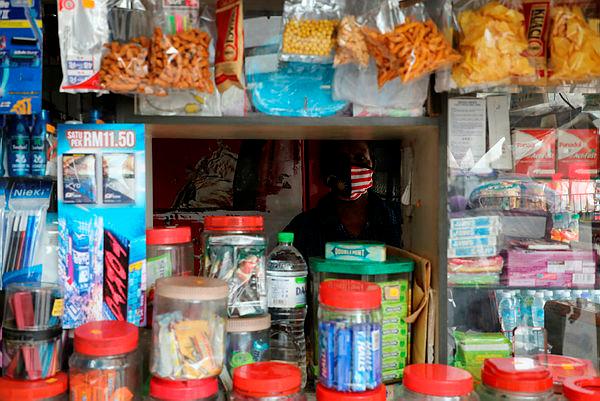PETALING JAYA: A tax consultant has urged consumers, especially those patronising restaurants and shops, to check if the businesses are registered to charge Sales and Service Tax (SST), that is incorporated into their bills.
Chartered accountant and tax lecturer at a private university, Ravi Balakrishnan, said SST is a legislated tax imposed on certain businesses by the Customs Department.
“The service tax details of a business with the name, address and registration number are available on the Customs website and the amount collected by the business is to be paid to the government once every two months.
“If these details are not readily available, one can only assume that the money collected by the business is going into its own pockets and not to the government. The authorities should conduct inspections to verify this.”
Ravi said customers who are charged service tax can check if a business is registered with the Customs Department for SST by verifying the matter at the department’s website at https://sst01.customs.gov.my/account/inquiry.
He said a business is required to register for service tax only if its annual revenue exceeds a certain amount. By right, a business cannot charge the tax if its sales do not meet the required amount.
“The threshold for most businesses is RM500,000 in annual revenue. In the food and beverage industry, the threshold is higher, at RM1.5 million. This includes foreign owned businesses.”
Ravi said businesses that fail to remit the full amount to the Customs Department could face penalties of up to 40% of the unpaid SST.
“Late payment of SST incurs a penalty of 10% for the first 30 days. This increases by 15% for each of the next two 30-day periods up to a maximum penalty of 40% of the outstanding SST amount.
“While that is the case, the current SST system is not easy to cheat since it can be traced. The current implementation is commendable compared with the previous SST version as it was easy to manipulate,” he said.
The Customs Department reported in January that less than 10% of businesses in Malaysia did not comply with tax regulations.
Despite the relatively low number of non-compliant businesses, the department estimated that the government incurs an annual loss of RM150 million because of such non-compliance.
Ravi said SST serves as an additional income stream for the government and may indirectly benefit consumers through spending on projects that enhance public services.
“Although it is not a major contributor to government coffers, Budget 2024 proposals increased the service tax rate from 6% to 8%.
“This is expected to contribute RM58.8 billion, or about 14.9% of government revenue, and is likely to delay any reimplementation of the Goods and Services Tax.”
Ravi said consumers may be able to benefit from government spending on operational expenditure and development projects.
“It is important for the government to allocate and spend on areas that provide the people with long-term benefits.
“Consumers are also advised to adopt a proactive approach to understanding how SST works. This will ensure informed decision making when purchasing goods or services.
“But for now, please check if the business charging you SST is registered to do so,” he stressed.









